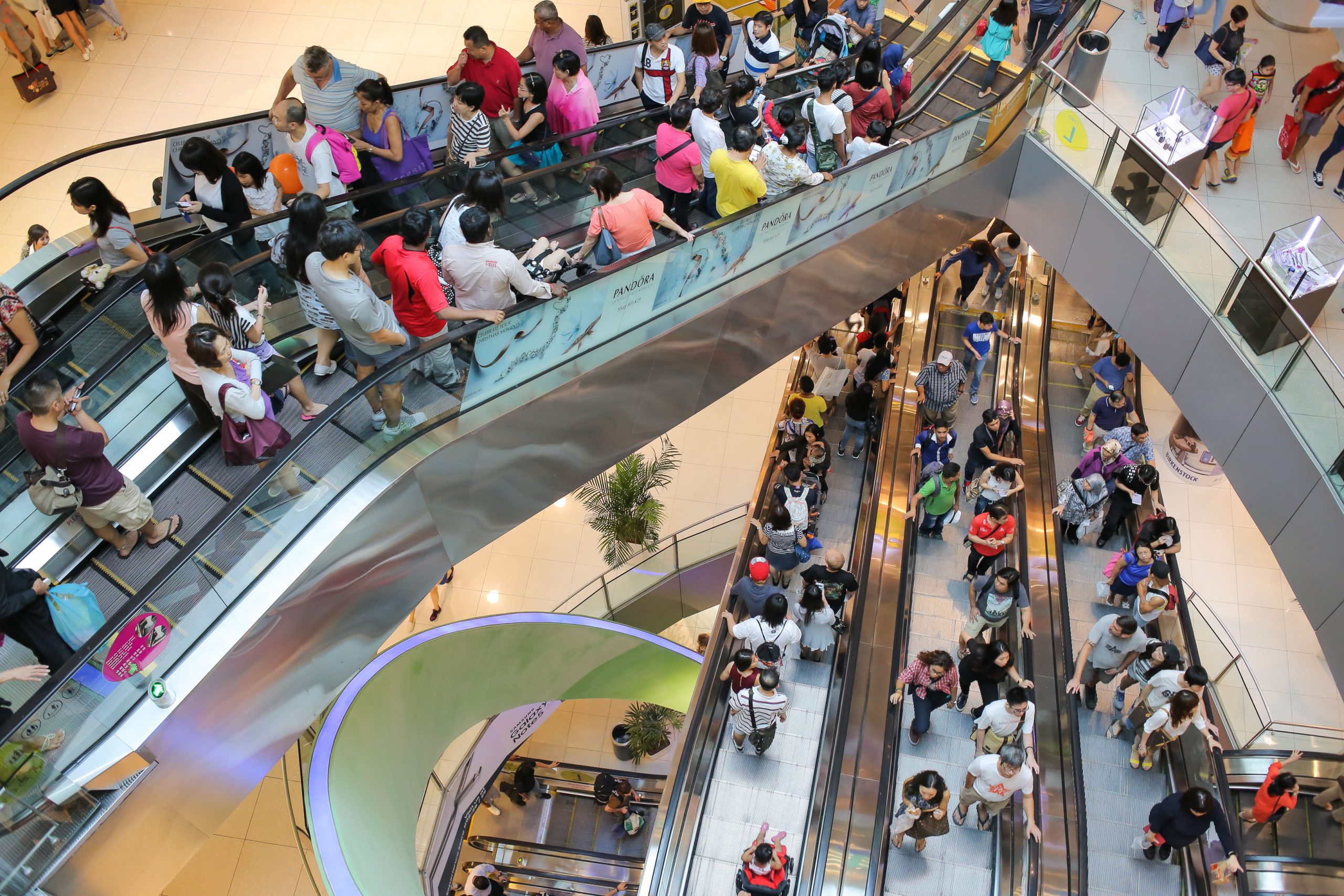‘Keep calm, stay safe, and drink bubble tea’: Commodifying the crisis of Covid-19 in Singapore advertising
April 8, 2023

The Singapore government started the Circuit Breaker on 7th April, 2020, which significantly disrupted many businesses’ daily operations. But before a sudden surge of COVID-19 cases in April, the country experienced a relatively lengthy period during which daily activities were not severely affected by the virus. Businesses were still open and attempting to attract customers by incorporating the pandemic into their advertisement strategies.
In ‘“Keep calm, stay safe, and drink bubble tea”: Commodifying the crisis of Covid-19 in Singapore advertising’ (Language in Society, 2021), Associate Professor Rebecca Lurie Starr, Mr Christian Go, and Mr Vincent Pak (all NUS English, Linguistics, and Theatre Studies) examine online advertisement strategies adopted by Singapore businesses in the pre-Circuit Breaker period. Based on 196 Facebook advertisements collected, the researchers argue that COVID-19-related advertisements feature five common perceptions of the virus: COVID-19 as a challenge for workers, a wellness issue, a threat to home and family, a challenge for women, and a threat to the Singapore lifestyle.
Firstly, advertisements often propose a wide range of actions workers should take to defeat the pandemic or excel under the pandemic. These advertisements barely refer to COVID-19 explicitly. Instead, the authors infer that the advertisements seek to portray working from home as a voluntary lifestyle change taken by workers, thus erasing the unpleasant aspects of the pandemic and romanticising the practice of working from home.
Secondly, advertisements frequently depict COVID-19 as a wellness issue, urging people to build and boost immunity through consumption of Vitamin C, fruits and other goods. The purchase of a snack or drink therefore becomes a wellness practice.
Thirdly, advertisements also guide their audience to envision their living space as a fortress that must be reinforced to keep family safe from viruses and bacteria. This requires buying hygiene-related goods such as disinfectants. Consuming these goods is thereby equated to fighting the virus.
Fourthly, many advertisements suggest that women are the primary bearers of responsibility for handling pandemic-related challenges, ranging from balancing childcare and work to actively defending the family.
Lastly, COVID-19 is also framed as a threat to five key aspects of the Singapore lifestyle: kiasu consumerism, overseas travel, lively urban living, cultural traditions, and stability. These traits are strongly associated with the Singaporean national identity. Hence, the cancellation of various events such as sales and overseas trips caused by the pandemic brings about a threat to the Singaporean identity. Advertisements thus exhort Singaporeans to rise above these setbacks and continue to consume and find deals (e.g., staycations), thus linking consumption with protecting the Singapore lifestyle.
Overall, the authors reckon that a variety of consumption behaviours are reshaped by the advertisements into manifestations of how a good citizen should fight against the virus. Corporations are therefore leveraging the public’s fears of the pandemic and transforming them into an imperative to consume.
Read the article here: https://www.cambridge.org/core/journals/language-in-society/article/abs/keep-calm-stay-safe-and-drink-bubble-tea-commodifying-the-crisis-of-covid19-in-singapore-advertising/6BD9A0710BCA535C79B5FFA0BF4EF7B5
